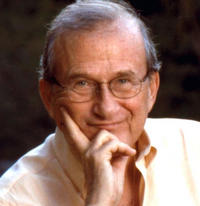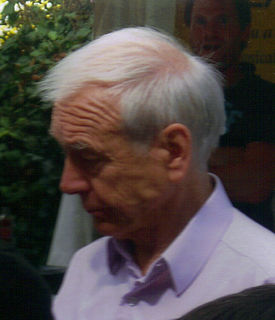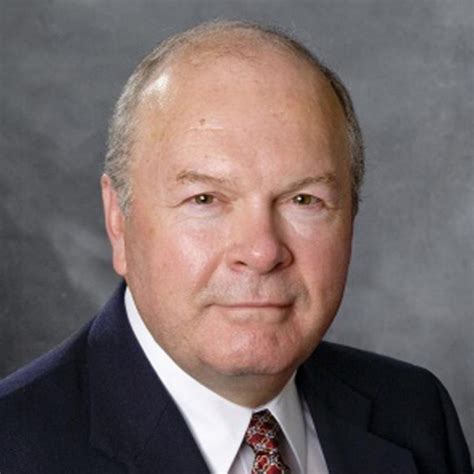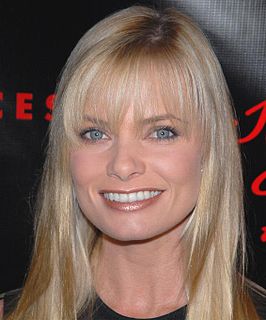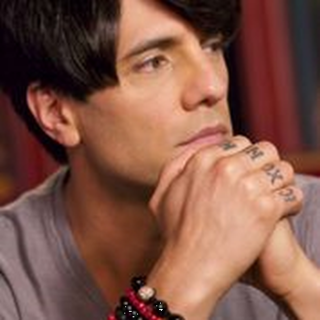A Quote by Larry Gelbart
Today's audience knows more about what's on television than what's in life.
Related Quotes
It takes a pretty strong person, a rather unusual young person, to stand up to ridicule and refuse to give in to temptation. There are so many things today in modern music, on television, and in the movies that portray a life that is nowhere near the life the Lord would have us live. Consequently, we cannot afford to turn to the radio, television, or Hollywood to take our cues about what is right and what is wrong. It is scary to realize that the more we are exposed to Hollywood's version of life, the more we gradually begin to accept it.
If I were beginning my career today, I don't think I would take the same direction. Television is at a crossroads at the moment. And although I am not up to date technologically, I suspect that somewhere out there people are conveying things about natural history by means other than television, and I think if I were beginning today, I'd be there.
The first thing I say when people ask what's the difference [between doing TV and film], is that film has an ending and TV doesn't. When I write a film, all I think about is where the thing ends and how to get the audience there. And in television, it can't end. You need the audience to return the next week. It kind of shifts the drive of the story. But I find that more as a writer than as a director.
The days of television as we knew it growing up are over. You have a bigger, wider world audience on the Internet, larger than any American television series. People don't watch television in the same context as before. Nowadays they watch their television on the Internet at their convenience. That's the whole wave, and it's now - not the future.
Television in the 1960s & 70s had just as much dross and the programmes were a lot more tediously patronising than they are now. Memory truncates occasional gems into a glittering skein of brilliance. More television, more channels means more good television and, of course, more bad. The same equation applies to publishing, film and, I expect, sumo wrestling.
I don't think we need a critic to negotiate with the audience. People say, "Who are you writing for?" I'm writing for myself but my audience is anybody who knows how to read. I think a story should engage anybody who knows how to read. And I hope that my stories do, maybe on a different level for more sophisticated readers than, say, a high school kid, but still a story has got to grab you. That's why we read it.
